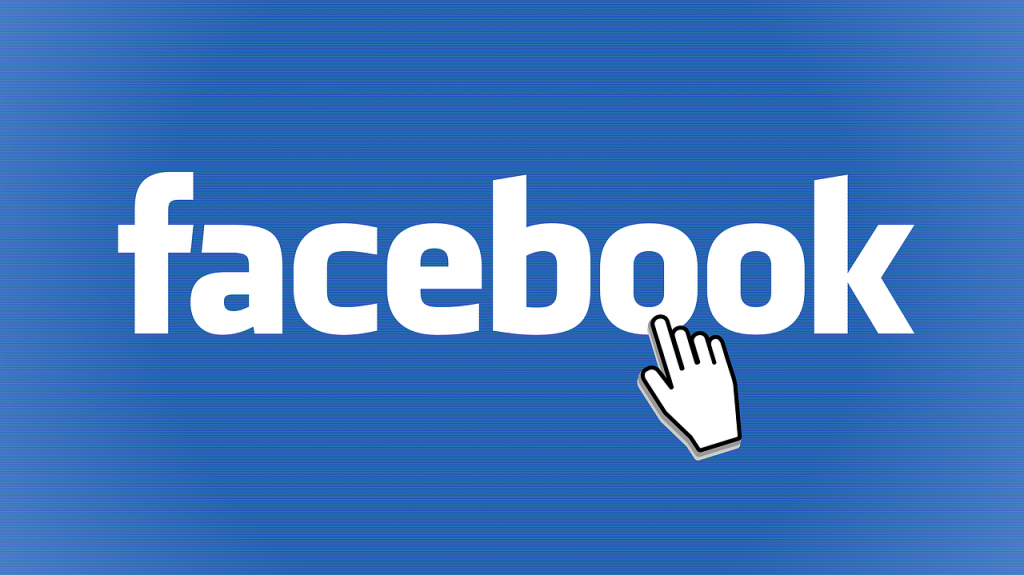Facebook in a new statement has announced that it will block publishers and users from Australia from sharing news pieces and articles. However, this move will serve as a significant pushback against a newly proposed law that will force Facebook to pay media companies for their articles and content. Furthermore, this new announcement will also escalate tensions between the tech giant and the Australian government. Both parties have been caught in a bitter antitrust battle, with the government holding Google and Facebook responsible for paying publishers for the content they provide these platforms. Here’s a look at how the battle came to heads and what this move could mean to users and publishers.
New Law In-Play
The Australian government is yet to approve and ass the new legislation. However, an arbitration panel tasked with working out the by-laws and clauses has proposed that tech companies must pay their content publishers if the two sides cannot agree. Facebook hit back through a blog post yesterday, claiming that such a proposal was hugely unfair. The social media giant also stated that such a law would allow content creators and publishers to charge any amount they wanted. Furthermore, the company said that if the law did come through, it would be forced to prevent Australians from sharing any media on Facebook and Instagram.
Facebook Takes A Stand
Facebook’s VP of Global News, Campbell Brown, said that this decision was hard to take for the company. However, he reiterated that it was the only way to protect Facebook against a move that would hurt them and Australia’s media outlets. She went ahead to state that the social media giant was still working on a full-proof method to block Australian media from sharing articles. Following this announcement, Josh Frydenberg, who serves as Australia’s Treasurer, said that these were nothing but heavy-handed threats.

Instead, he stated that such a law would help make the media landscape more sustainable as digital platforms would have to pay for the content they put out. Rod Sims, who serves as Australia’s competition regulator, also said that such threats were misconceived and ill-timed. He went on to say that the newly proposed law would go a long way in ensuring that the media remains fair and transparent.
Google Follows Suit
Since the Australian legislation will also affect the Alphabet’s Google, the tech giant has also been vocal about its displeasure regarding such a law. They too raised alarms and said that such a measure would force them to put out much less efficient versions of Google Search and YouTube. As a result, such a move, Google Australia and New Zealand MD, Mel Silva, said would critically damage the use of free internet services, like Google in Australia.
Fighting for Transparency
The Aussie government claims it is only trying to make things more fair and transparent for its media bodies. Furthermore, it states that such a law would help level the playing field and give local media a chance against large tech companies. For instance, the local media is struggling as a result of the free sharing of news by such tech giants with News Corp, a media agency owned by Rupert Murdoch planning to cut jobs in Australia.
Murdoch’s decision will result in the closing down of over 100 regional and local newspapers in Australia, putting these media persons at risk. Murdoch has long asked Facebook and Google to pay for the articles, news pieces and content that appear on their platforms. Hence, it was obvious that New Corp would laud the government’s efforts to make this a reality. Michael Miller, who serves as the executive chairman of News Corp, stated that such a move would put an end to the tech giant’s free-riding on the content created by others. Since such companies derive a lot of benefit from such content, it is only fair that they pay the people making such content out of their own pockets.
Impact and After-Effect
However, if Facebook does follow through with its plans as per the announcement, publishers would no longer have access to a broad audience. Facebook claims that in just the first five months of this year, it sent over 2.3 billion clicks to news websites based in Australia from its News Feed. As a result, blocking such news from their feed could result in a massive loss of audience for news channels, while also limiting the appeal the platform enjoys in Australia. Australia’s new rules come as a part of a global push to make tech giants more accountable and regulated.
France came out with a statement asking Google to pay media companies for the articles it shares in April. Two months later, Google said it would start paying for certain news services in Brazil and Germany. Facebook came out with its separate News Feed last October and pays certain publishers for stories. The tech giant is also in plans to extend this News tab on a global basis but will block the sharing of news if governments try to intervene in its efforts. It will be interesting to see whether the social media giant is capable of halting this global push for more regulation and whether that would be a wise choice for the consumers.

Being a cinephile with a love for all things outdoorsy, Athulya never misses a chance to chase inspiring stories or poke fun at things, even when the subject is herself. Currently pursuing a degree in mechanical engineering, she is someone innately interested in technical and scientific research. Music reviews and op-eds define her as they allow her to explore different perspectives. Though sometimes she thinks she makes more sense playing the guitar than she does while writing.
